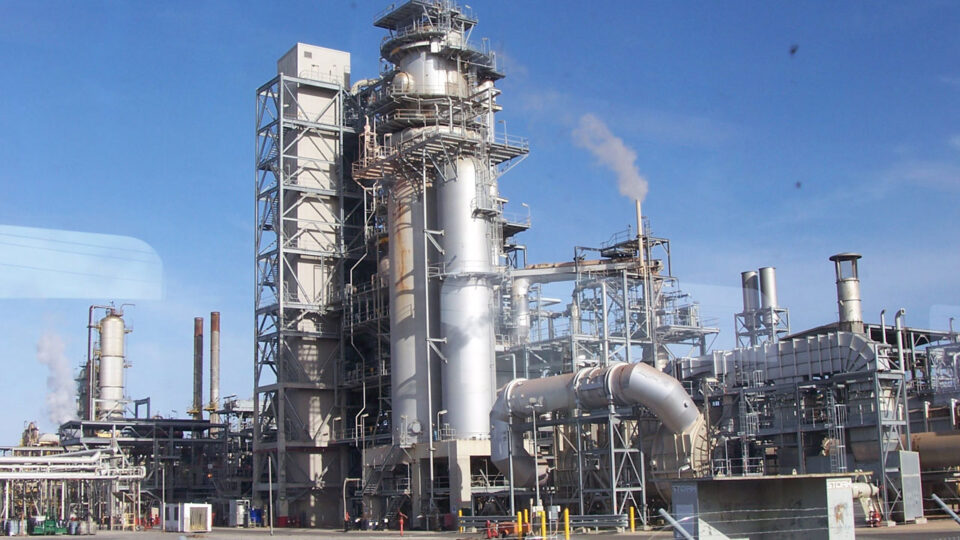
The Politics of Dangote Refinery, by Idris Umar Feta
The news of Dangote refinery came as succour to Nigerians and other African countries, as this would mean no more importation of refined products like premium motor spirit, thereby ensuring availability and lower pump price and simultaneously generating thousands of employment.
During the last hours of the previous administration, the refinery was commissioned and Nigerian are eagerly waiting for products to flood the market especially with removal of fuel subsidy.
Dangote, Africa’s wealthiest man, unveiled early plans for building the refinery in September 2013, when he announced that he had secured about $3.3 billion for financing for the project.
At the time, the refinery was estimated to cost about $9 billion, of which $3 billion would be invested by the Dangote Group and the remainder would be via commercial loans.
Pundits believed that if the project comes to life and start running full scale operation, it would expectedly have the capacity to process about 650,000 barrels per day of crude oil, making it the largest single-train refinery in the world.
With a greater capacity than the total output of Nigeria’s moribund existing refining infrastructure, the Dangote Refinery will be able to meet the country’s entire domestic fuel demand, as well as export refined products.
At full production, the facility’s 650,000 barrels of crude oil daily shall be transported via pipelines from oil fields in the Niger Delta, where natural gas will also be sourced to supply the fertiliser factory and be used in electrical generation for the refinery complex.
However, after the occurence of some unforeseen impediments, construction of the refinery did not begin until 2016 with excavation and infrastructure preparation, and the planned completion was pushed further to late 2018.
Unfortunately, major structural constructions only began in July 2017, and Dangote again estimated that the refinery would be mechanically complete in late 2019 and commissioned in early 2020.
After all said and done, in January 2023, the completion of the refinery’s power plant was announced and the inauguration was expected to take place at the end of the first quarter of 2023.
According to the Nigerian Midstream and Downstream Petroleum Regulatory Authority (NMDPRA), the Dangote refinery was reported to be 95 to 97 percent completed as of November 2022.
Though according to Reuters, citing sources familiar with the project, construction was likely to take at least twice as long as Dangote publicly stated, with partial refining capability not likely to be achieved until 2022.
The refinery was expected to start operations by July 2023 according to the state oil company, which has a 20 percent stake in the project.
Finally, the Dangote refinery was commissioned by the former President Muhammadu Buhari on the 22nd of May 2023 and Nigerians were told that the refinery will commence production in July.
Due to the significance of the occasion, about six presidents were in attendance. The president of Ghana, Nana Akufo-Addo, Faure Gnassingbé of Togo, Mahamat Déby of Chad, Macky Sall of Senegal, Mohamed Bazoum of Niger and President Paul Kagame of Rwanda joined the inauguration virtually.
The irony is, the refinery has not commenced production as scheduled, leaving earlier excited Nigerians puzzled about the decision to commission a multi-million-dollar project that is not fully ready for use. Did the immediate past President and his team just preyed on the desperation of Nigerians and gave themselves a fitting farewell with the euphoria of commissioning the project?
Generally however, the hope of Nigerians and neighbouring African countries was that the commissioning of the refinery would finally put an end to the persistent fuel scarcity and high cost of the product that has been plaguing the country for decades. The refinery was expected to increase domestic fuel production, leading to greater availability and reduced dependence on imported petroleum products.
Not to jinx the largest single-train refinery worldwide, but the belief in some quarters is that the whole commissioning was a hoax to score the last administration bonus points especially because it was rated below average by many Nigerians.
We still hopefully wait and see when the Dangote refinery will fully be functional to serve the purpose it was intended for.
